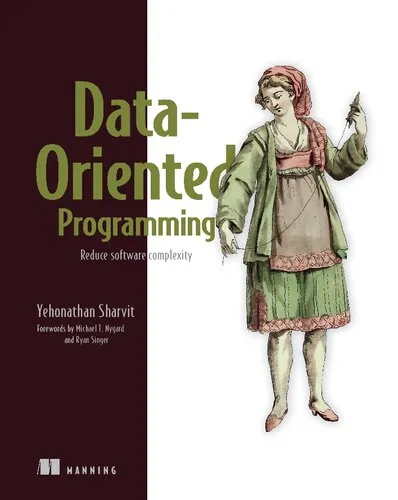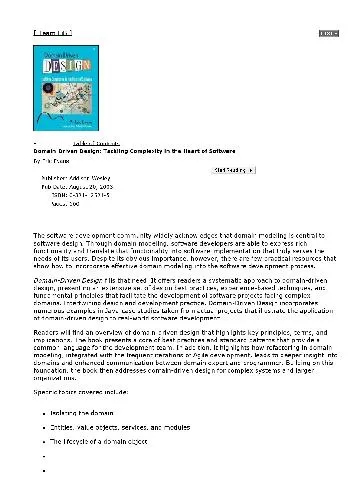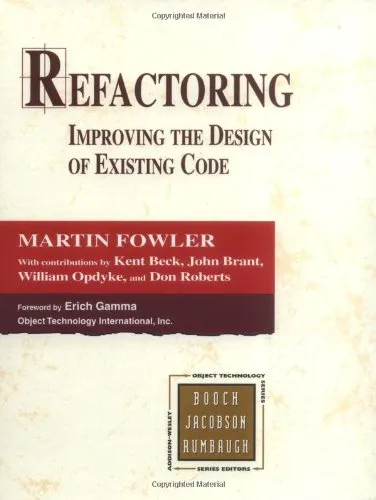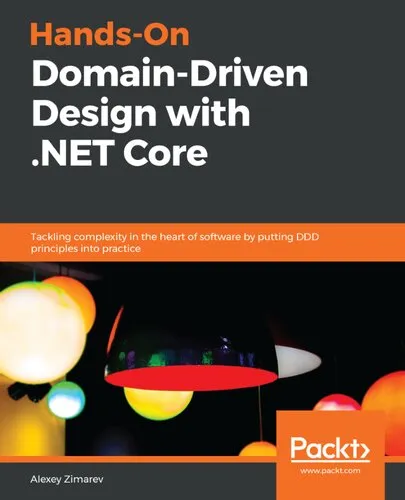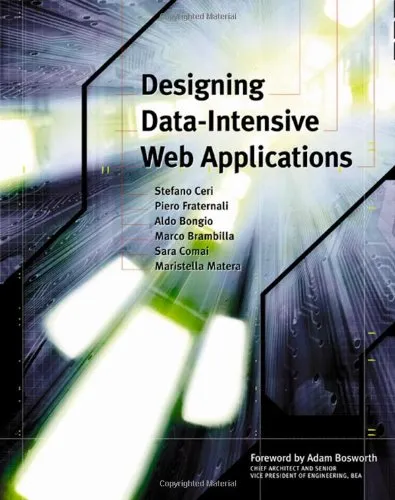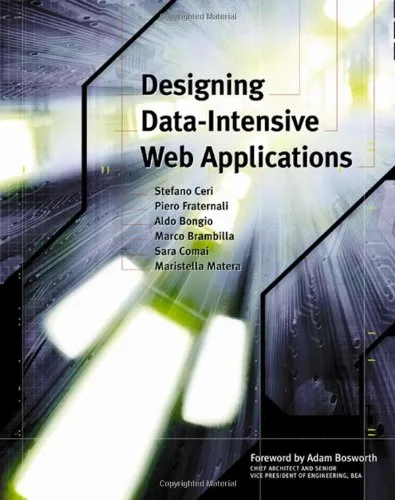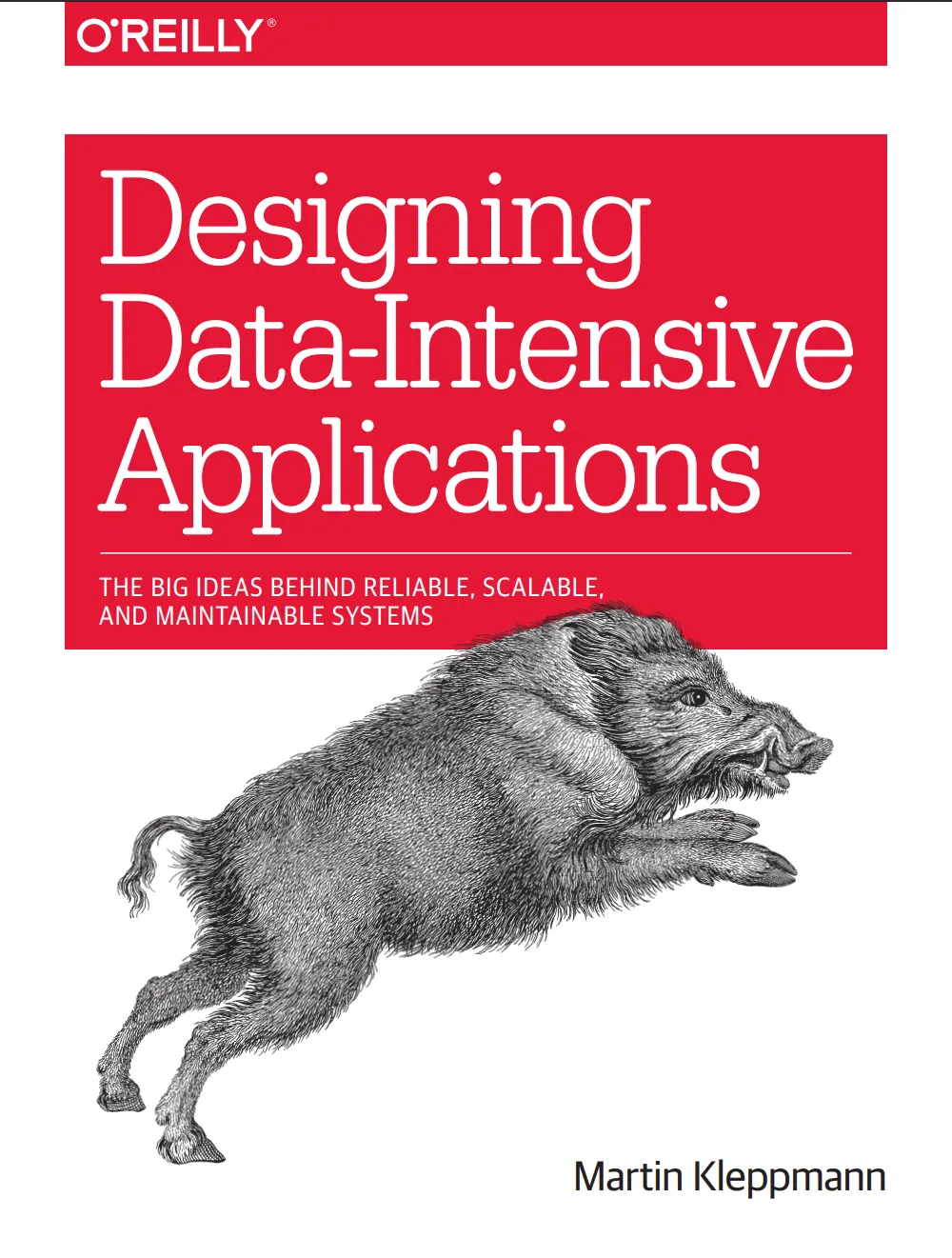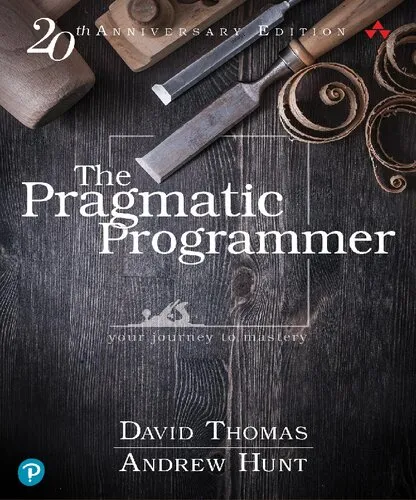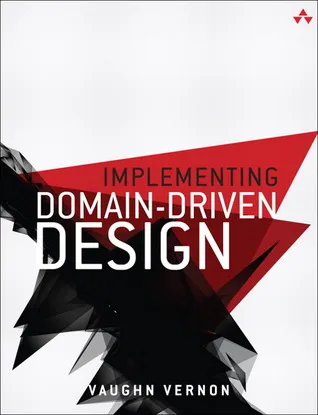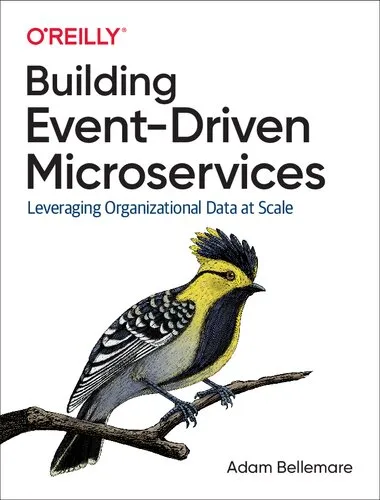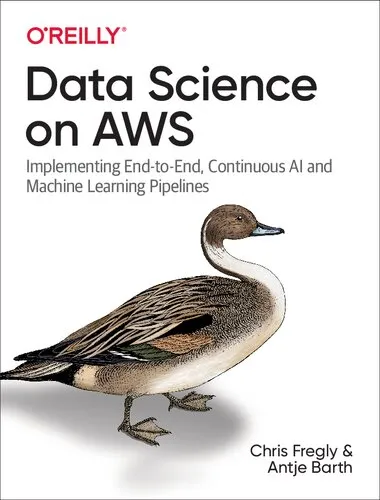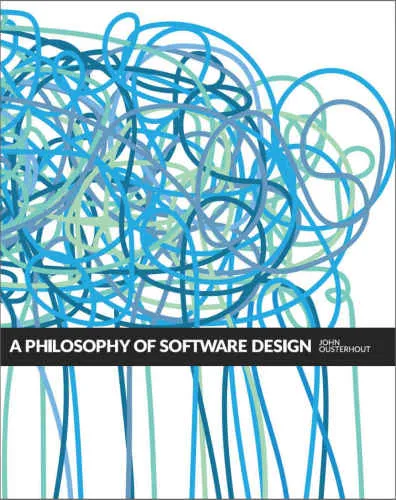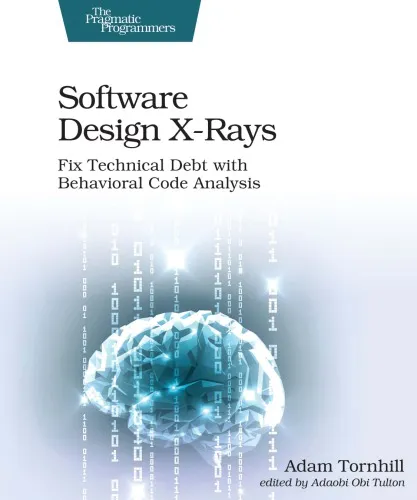Data-Oriented Programming: Reduce complexity by rethinking data
4.5
Reviews from our users

You Can Ask your questions from this book's AI after Login
Each download or ask from book AI costs 2 points. To earn more free points, please visit the Points Guide Page and complete some valuable actions.Related Refrences:
Introduction to 'Data-Oriented Programming: Reduce Complexity by Rethinking Data'
In the ever-evolving world of software development, handling complexity has always been a critical challenge. As systems grow larger and more interconnected, traditional programming methodologies often fall short, leading to an increase in bugs, maintenance overhead, and cognitive burden on developers. That’s where “Data-Oriented Programming: Reduce Complexity by Rethinking Data” comes into play. This book introduces a groundbreaking approach that redefines the way we think about structuring programs. By prioritizing data over functionality, this methodology allows for simpler, more resilient, and maintainable software.
Detailed Summary of the Book
Data-Oriented Programming (DOP) shifts the programming paradigm from being function-centric to data-centric. The book explores this conceptual shift in detail, laying a robust foundation for thinking of data as the primary entity around which systems should be designed. Unlike object-oriented programming (OOP) where data and functionality are tightly coupled, DOP emphasizes decoupling the two, thus enabling systems to achieve better modularity and reusability.
The book explains how to model and manage mutable state effectively, a perennial source of bugs in software systems. Readers are guided to treat data as immutable by default, only mutating state when necessary in a controlled manner. Additionally, the book provides techniques for leveraging plain data structures, thus encouraging universal interoperability across different programming languages and systems. Practical examples, real-world case studies, and clear explanations make these principles easy to follow, even for developers new to the paradigm.
Furthermore, the book delves into architectural practices for enabling loose coupling between components, embracing polymorphism through data instead of objects, and building systems that gracefully handle the inevitable changes in requirements over time. Alongside these principles, you’ll find detailed code examples that make the theoretical concepts actionable and relatable to everyday software development struggles.
Key Takeaways
- Understanding data as the central unit of software design, rather than behavior or stateful objects.
- Decoupling data and logic to simplify program architectures and maximize reusability.
- Leveraging immutability to eliminate a large class of bugs and ensure thread-safe, predictable systems.
- Adopting plain, language-neutral data structures to improve cross-system interoperability.
- Handling mutable state in a localized, controlled manner to improve stability and maintainability.
- Using open-world polymorphism to implement flexible, modular designs without relying on tight coupling.
Famous Quotes from the Book
"Complexity is at the heart of every software failure. To conquer complexity, prioritize data before everything else."
"Immutable data is more than a best practice; it’s a mindset that ensures your software remains stable even in the face of change."
"The key to interoperability lies in simplicity—plain data structures speak a language understood by all systems."
Why This Book Matters
Amidst the growing complexity of modern software systems, it has become crucial for developers to adopt approaches that simplify their work while enhancing the robustness of the final product. ‘Data-Oriented Programming’ offers a revolutionary way of thinking about software development that drastically reduces complexity. As a developer, you’ll gain tools and strategies to model systems in a way that not only feels natural but also scales seamlessly.
The book is also an important guide for programmers inundated with the limitations of object-oriented or functional programming paradigms. DOP is a unifying approach that combines the strengths of both while sidestepping their weaknesses. It’s a practical toolset that gives developers the power to modernize their codebases, making them simpler to understand, maintain, and extend.
Whether you are an experienced developer seeking to refine your craft or a beginner eager to start with a clean, sustainable design methodology, this book aligns perfectly with your needs. It doesn’t just introduce a paradigm; it teaches you how to use it effectively in the real world, giving you an edge as a forward-thinking software engineer.
Free Direct Download
You Can Download this book after Login
Accessing books through legal platforms and public libraries not only supports the rights of authors and publishers but also contributes to the sustainability of reading culture. Before downloading, please take a moment to consider these options.
Find this book on other platforms:
WorldCat helps you find books in libraries worldwide.
See ratings, reviews, and discussions on Goodreads.
Find and buy rare or used books on AbeBooks.
1545
بازدید4.5
امتیاز0
نظر98%
رضایتReviews:
4.5
Based on 0 users review
Questions & Answers
Ask questions about this book or help others by answering
No questions yet. Be the first to ask!
